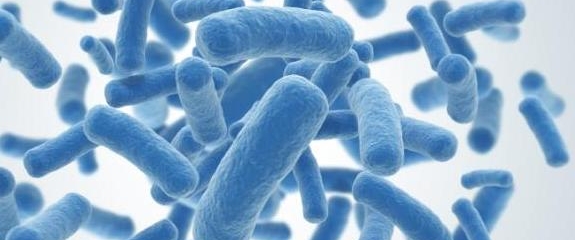Maternal and infant microbiomes affect offspring's later-life disease risk

In the journal Birth Defects Research Part C: Embryo Today, Dr. Sharon Meropol, associate director for research and evaluation at University Hospital Rainbow Babies & Children's Hospital in Cleveland, OH, and colleagues review a collection of studies in a special issue titled The Microbiome and Childhood Diseases.
The microbiome refers to the tens of trillions of microorganisms that live in our intestine, respiratory tract and on our skin.
There is increasing evidence that disruptions to a person's microbiota in early life may influence the likelihood of developing certain illnesses later in life. Earlier this year, for example, a study reported by Medical News Today found that an increase in richness of gut bacteria at 3 months of age was associated with reduced risk for food allergies at 1 year of age.


